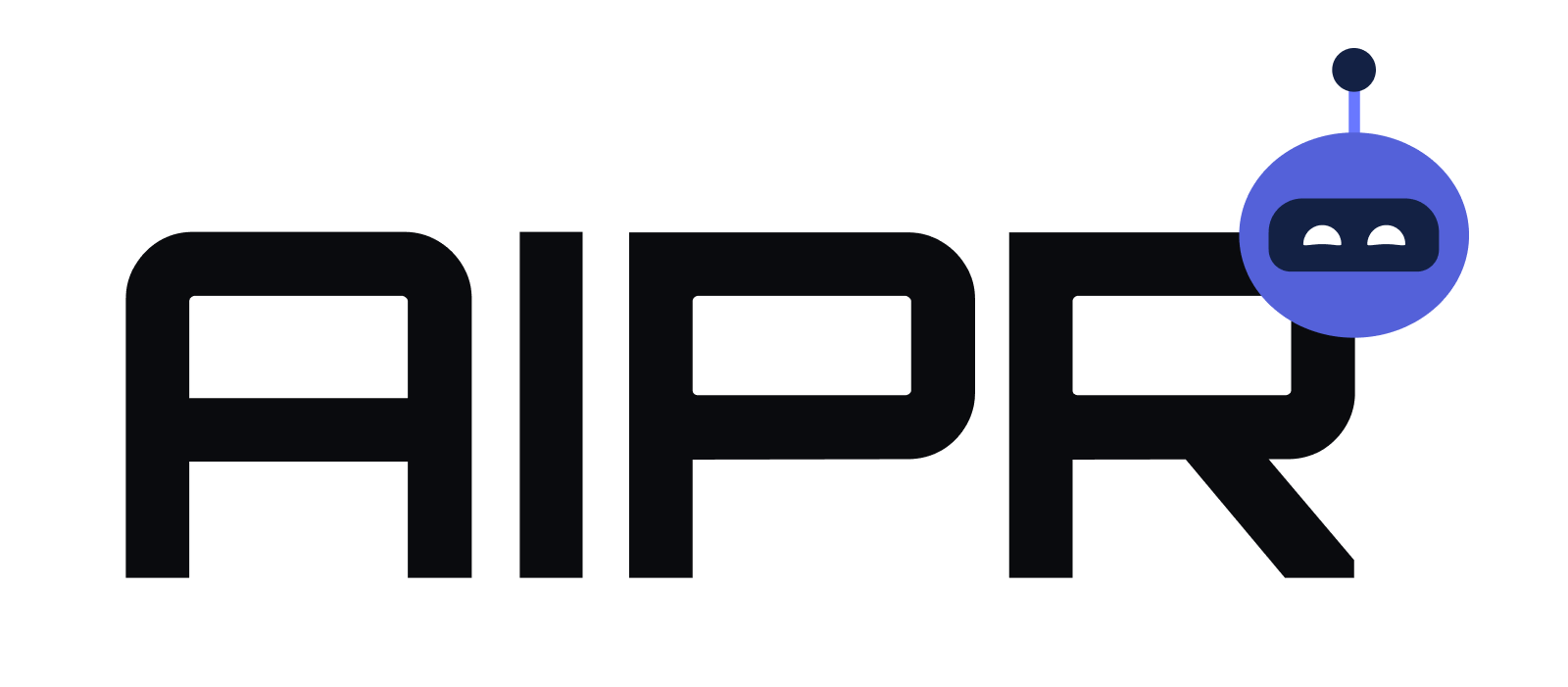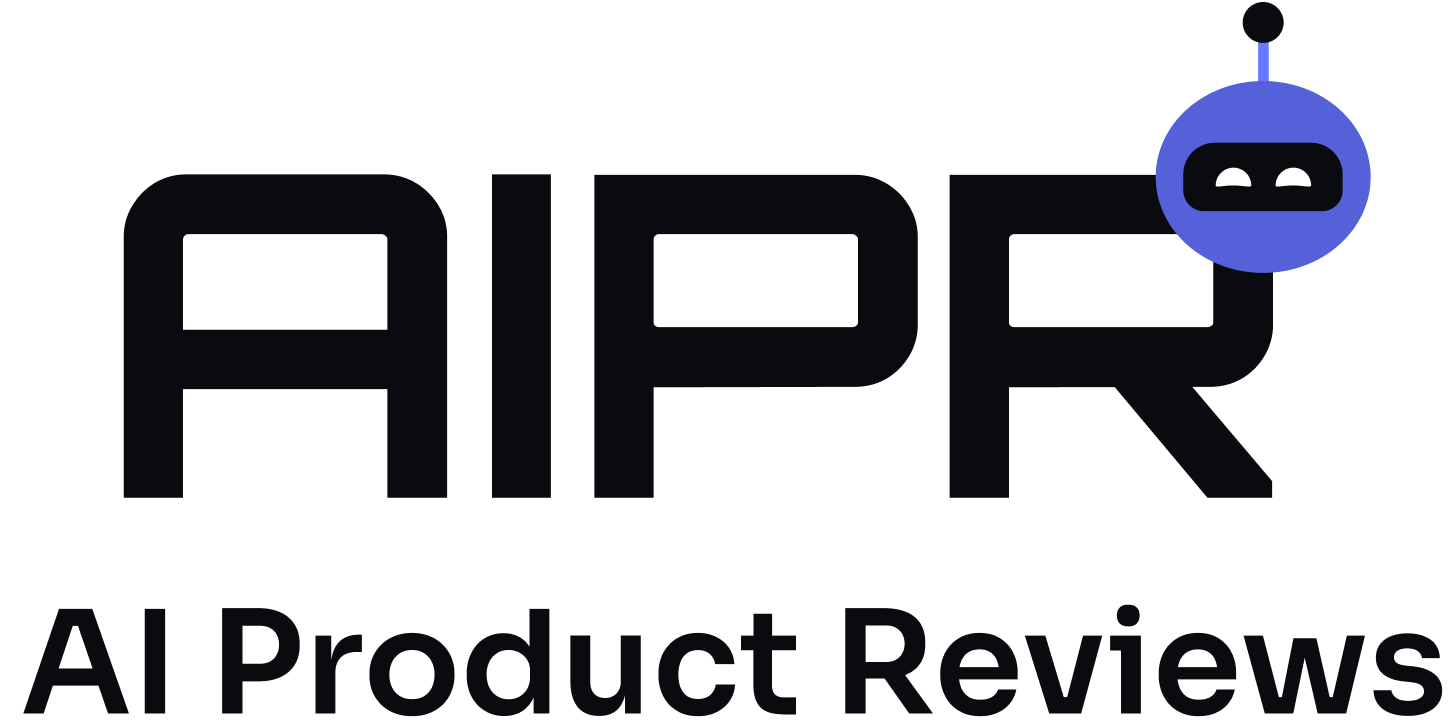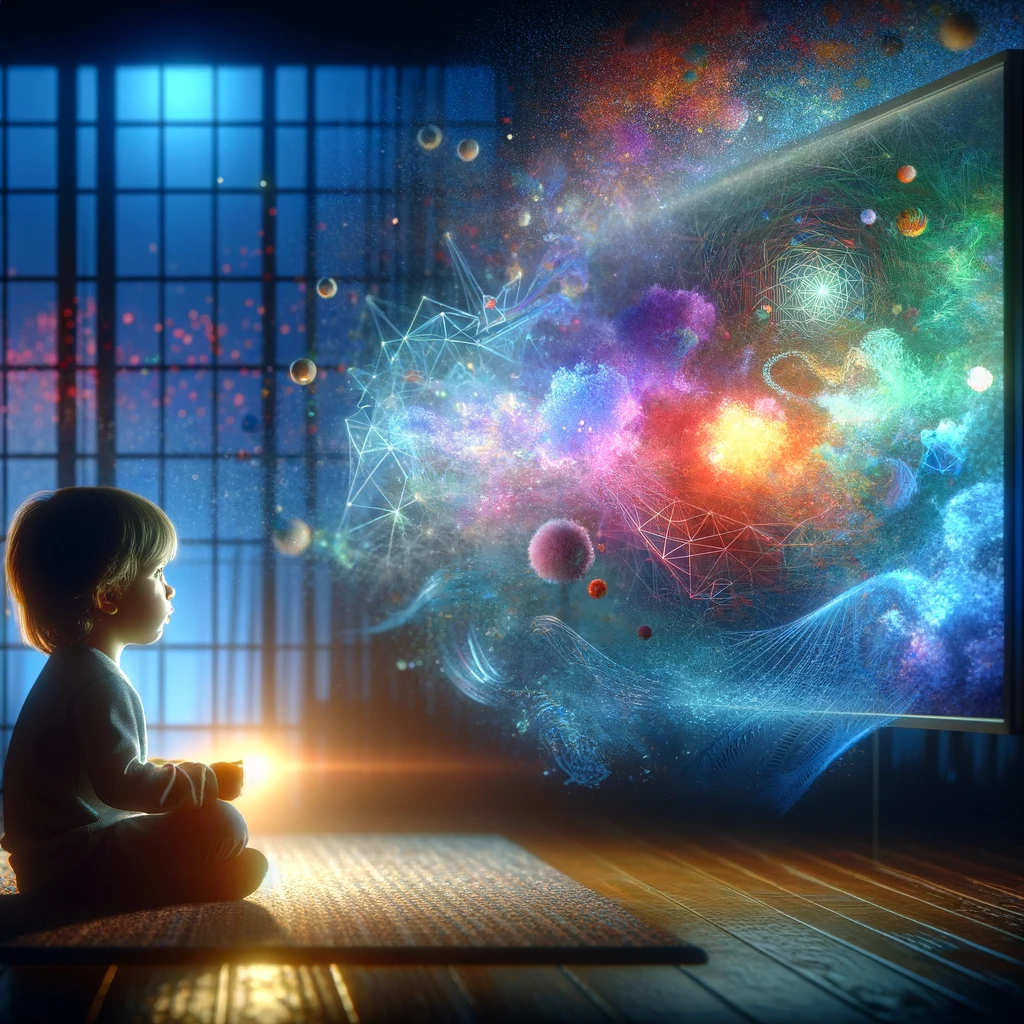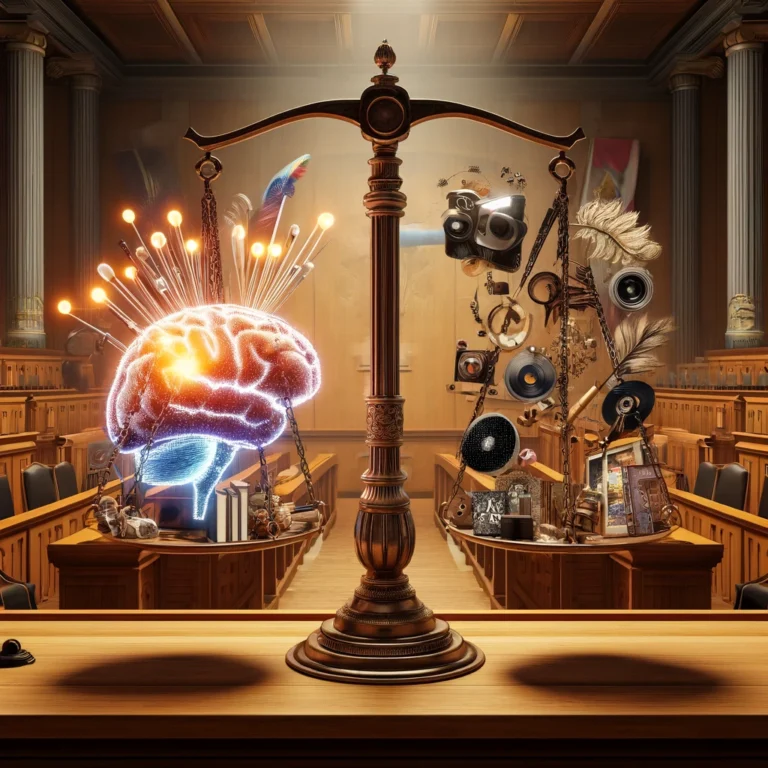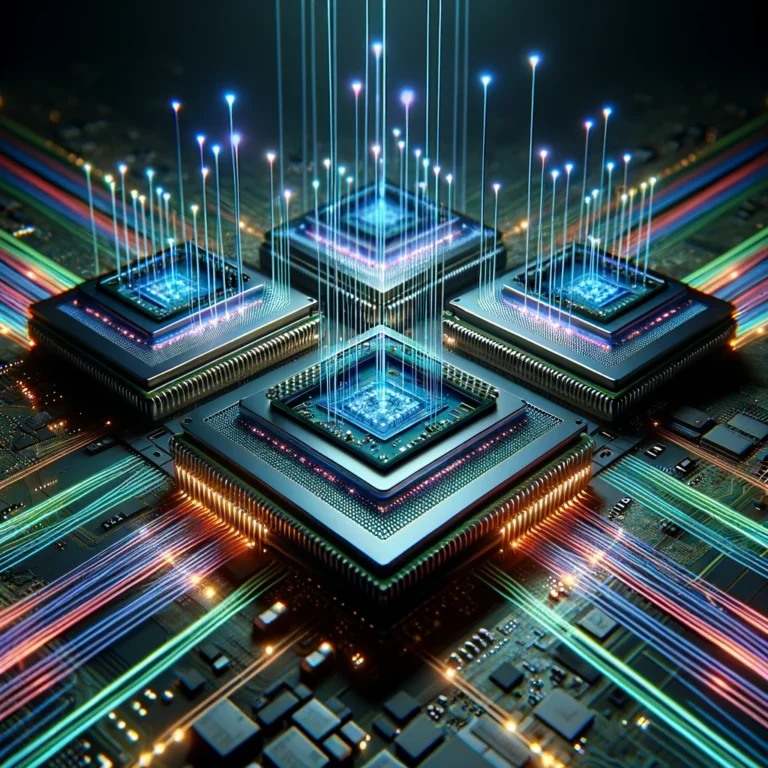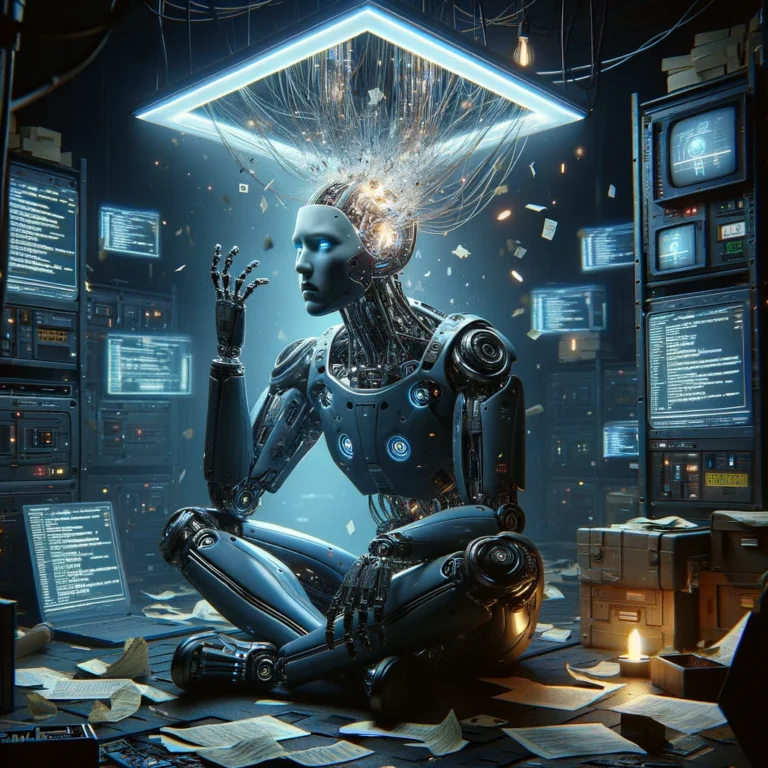AI-Generated Content for Kids Takes YouTube by Storm
In an unprecedented development, YouTube tutorials have emerged as the newest hotbed for get-rich-quick strategies—this time powered by artificial intelligence (AI). Users are flooding the internet with guides on how to use AI to produce videos for children, suggesting substantial earnings from such content.
These tutorials provide a step-by-step blueprint for creating simple animations in a matter of hours by leveraging tools like ChatGPT for scripting, voice synthesis services such as ElevenLabs and Murf AI for audio, and incorporating Adobe Express’s generative AI features for both audio and video production. The messages are bold and direct—one thumbnail screams “IT’S NOT HARD,” while another video boasts the potential to churn out original kids’ songs in under 20 minutes. The financial prospects are tantalizing, with titles insinuating profits in the range of “$1.2 Million With AI Generated Videos for Kids?” and “$50,000 a MONTH!”
The Potential Impact on Children’s Media Landscape
YouTube’s dominance in children’s entertainment positions it as a potentially massive platform for AI-generated videos. The BBC’s previous investigation into “bad science” videos targeting older children highlighted the power of AI in spreading pseudoscience and conspiracy theories through YouTube, often with millions of views. However, the impact of animated AI content aimed at younger viewers is yet to be fully studied.
AI in Production: The New Reality
WIRED’s investigation uncovered several accounts that are likely using AI to create content for children. Reality Defender, a deepfake detection startup, found clear signs of AI involvement in these channels’ production pipelines. One such channel, Yes! Neo, has amassed over 970,000 subscribers since its launch in November 2023 and regularly publishes new videos, a few with titles like “Ouch! Baby Got a Boo Boo” and “Poo Poo Song.”
Another channel, Super Crazy Kids from Hyderabad, India, incorporates AI into its newer animated videos and boasts over 11 million subscribers. Reality Defender detected synthetic voice snippets in a sample video from this channel, a jumble of keywords that purportedly serve educational purposes.
However, neither Yes! Neo nor Super Crazy Kids responded to WIRED’s request for comment. They, along with similar channels, bear resemblance to popular children’s channel Cocomelon in style. While Cocomelon’s parent company Moonbug claims not to use AI in its current programs, it doesn’t discount the potential use of AI tools in the future.
The Concerns About AI-Generated Kids Content
Though AI can automate content creation, there’s a lack of nuance and depth typically found in thoroughly crafted children’s programs. New policies from YouTube aim to introduce labels and disclosure requirements for creators posting AI-generated content, but the platform currently plans to rely on creators’ voluntary disclosure.
Neuroscientist Erik Hoel expressed his dismay over this growing trend, calling the AI-generated content being fed to toddlers via iPads “dystopian.” Hoel, like many other critics, is wary that this method of content production is more focused on generating views and revenue than providing quality educational material for children.
The Resistance and Promise of AI
While unsophisticated AI-generated content begins to proliferate on YouTube, not every digital children’s entertainment provider is adopting this approach. PBS Kids is exploring AI to create interactive sessions but not for generating the core content itself. Advocates see the potential benefits of AI as an educational tool when used thoughtfully.
The Digital Wellness Lab acknowledges the promise that AI brings but also stresses the importance of human oversight. The rush to exploit AI for financial gain exposes younger viewers to lower-quality programming and raises questions about responsibility and the integrity of content served to children.
The Way Forward
Amidst this digital upheaval, calls for meaningful human oversight and accountability for generative AI content are growing louder. As YouTube introduces new policies, many hope for a balance that upholds content quality without stifling innovation. The AI revolution in kids’ media is here, and it presents a challenge for content platforms, creators, and families to navigate its waters responsibly, ensuring the well-being of the youngest consumers.
